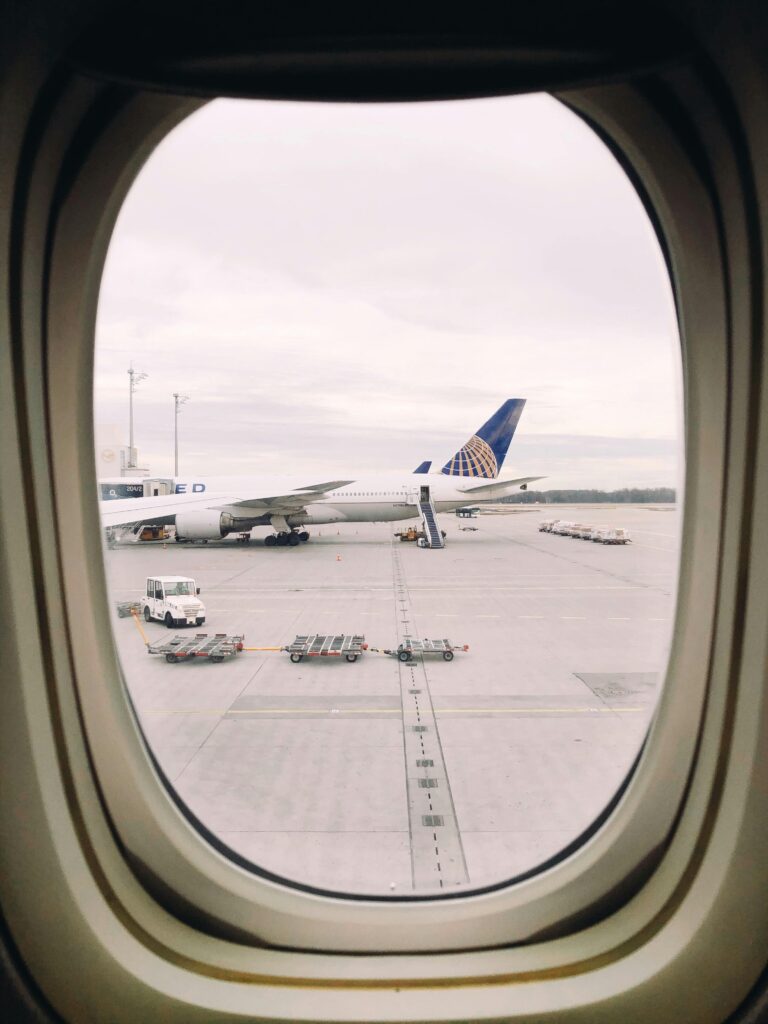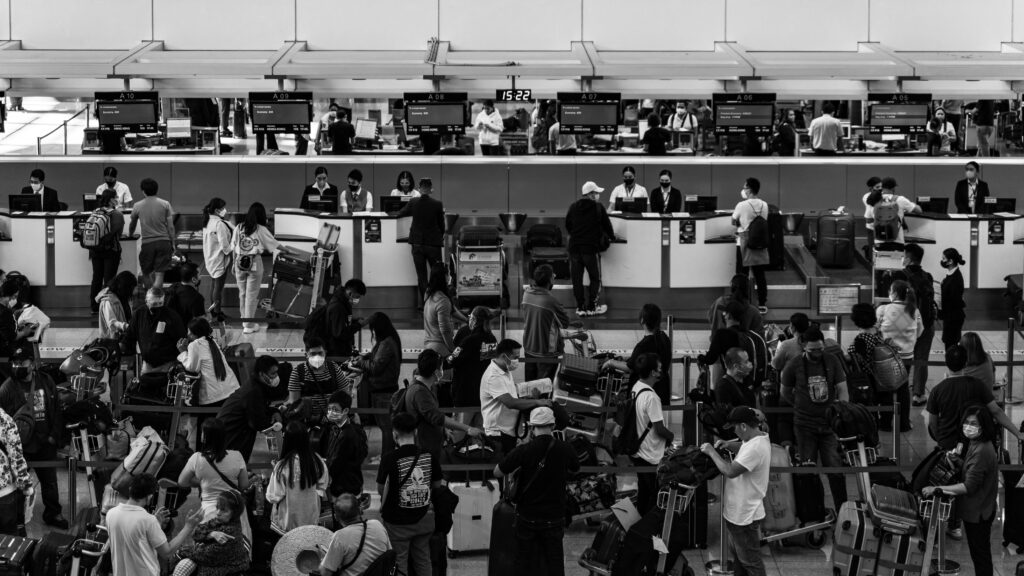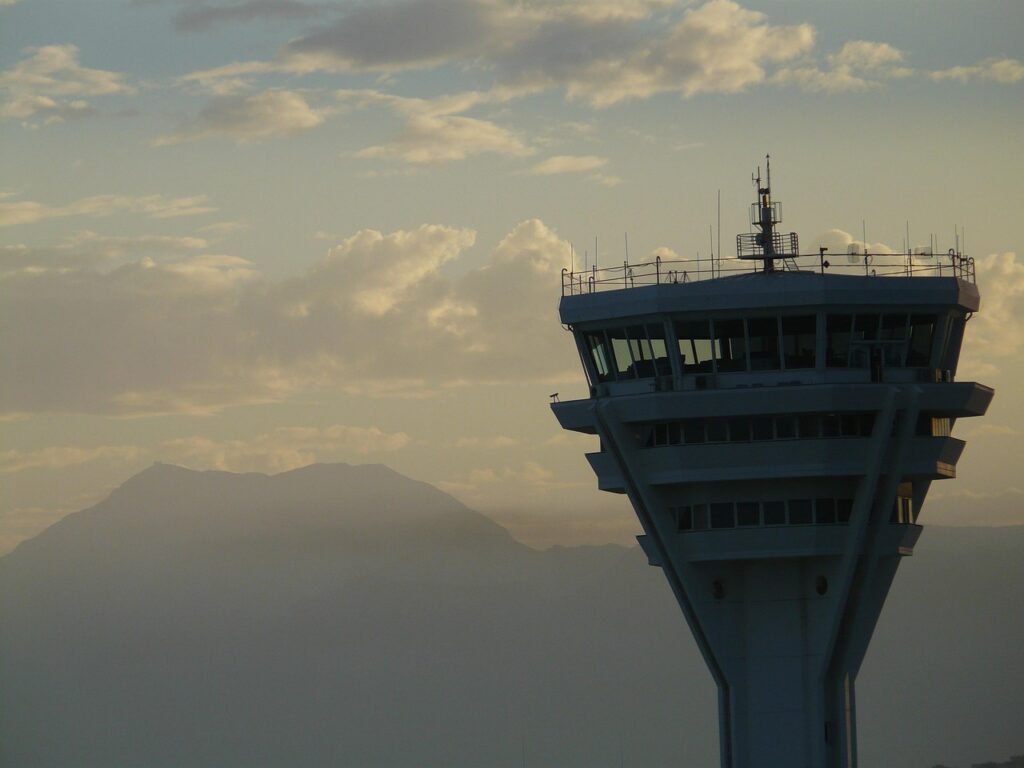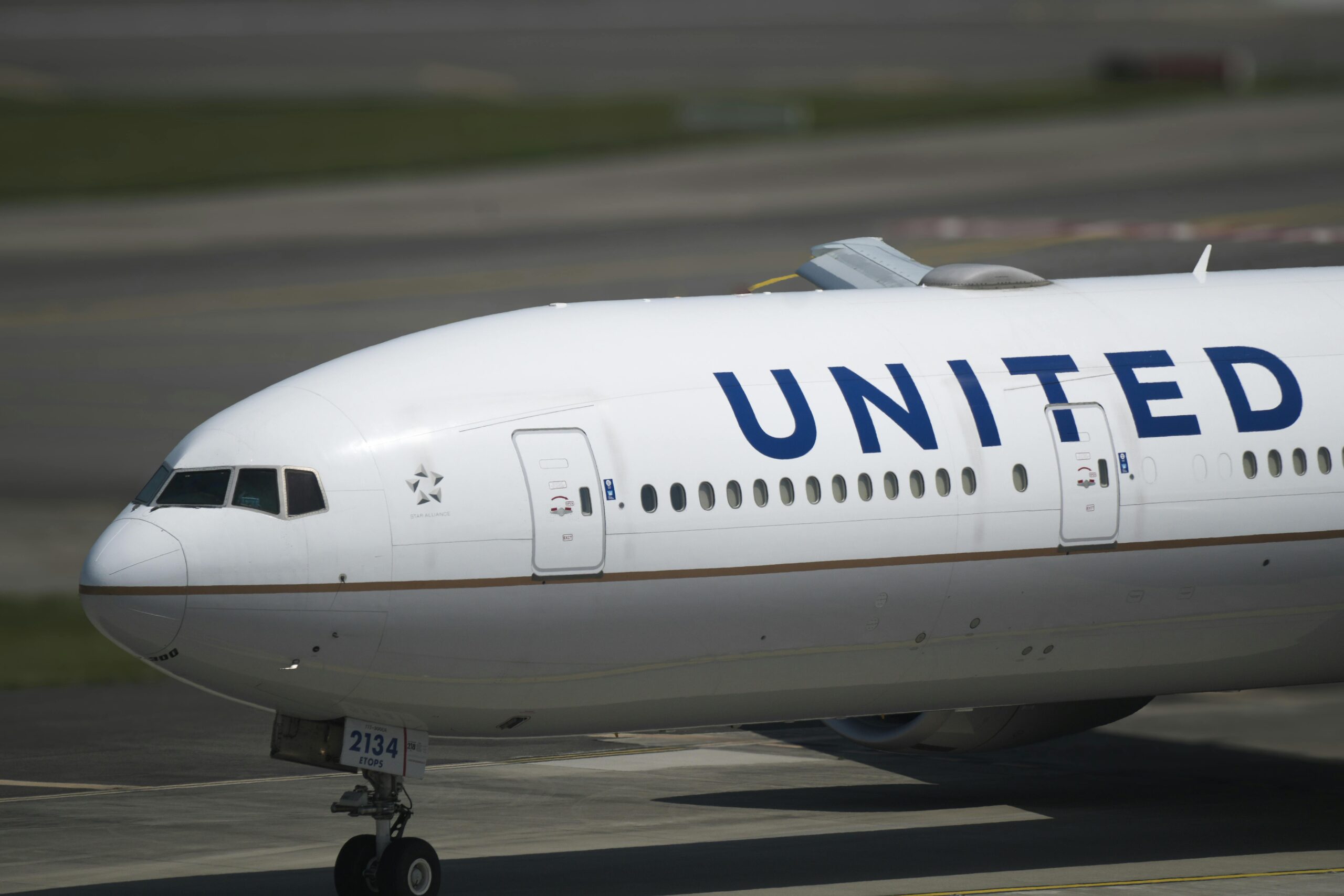Travelers at Newark Liberty International Airport are facing significant disruptions as United Airlines announces the cancellation of 35 daily flights—approximately 10% of its operations at the hub. This decision stems from a critical shortage of air traffic controllers and outdated Federal Aviation Administration (FAA) technology, leading to widespread delays and cancellations.

The Crisis Unfolds
Over the past week, Newark Airport has experienced severe operational challenges. United Airlines CEO Scott Kirby highlighted that more than 20% of the airport’s air traffic controllers have walked off the job, exacerbating the situation. Compounding the issue are multiple failures in FAA’s air traffic management systems, including radar and radio outages, which have rendered the airport incapable of handling its scheduled flight volume.
Impact on Travelers
The staffing and technological issues have led to significant delays and cancellations. For instance, a United Airlines flight from San Francisco to Newark was forced to return mid-flight due to the disruptions. Passengers have reported delays averaging up to five hours for arrivals and 45 minutes for departures.
United Airlines’ Response
In response to the crisis, United Airlines has taken the unprecedented step of cutting 35 daily flights from its Newark schedule. The airline has long advocated for the FAA to address staffing shortages and modernize outdated technology. Kirby emphasized the need for immediate action, including reclassifying Newark as a Level 3 slot-controlled airport to better manage flight schedules and reduce congestion.

Government and FAA Actions
The FAA has acknowledged the staffing shortfall and is working to address the issue. Transportation authorities announced plans to hire 2,000 new controllers in 2025 and implement financial incentives to staff hard-to-fill roles. Additionally, investments in FAA infrastructure and technology are being planned to prevent future disruptions.
FAQs
1. Why is United Airlines cutting flights at Newark Airport?
United Airlines is reducing its daily flights by 35 due to a critical shortage of air traffic controllers and repeated failures in FAA’s air traffic management systems, which have led to significant delays and cancellations.
2. How will this affect travelers?
Passengers can expect longer wait times, potential cancellations, and the need to rebook flights. It’s advisable to check flight statuses regularly and consider alternative airports if possible.
3. What steps are being taken to resolve the issue?
The FAA is actively recruiting new air traffic controllers and planning infrastructure upgrades. United Airlines is also advocating for regulatory changes to better manage flight schedules at Newark.

Conclusion
The situation at Newark Liberty International Airport underscores the critical need for modernized infrastructure and adequate staffing in the aviation industry. As United Airlines takes steps to mitigate the impact on travelers, collaboration between airlines, the FAA, and government agencies will be essential to restore normal operations and prevent future disruptions.
Sources The Times of India


